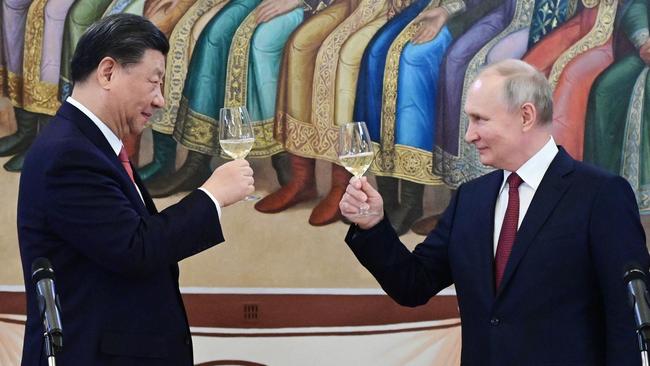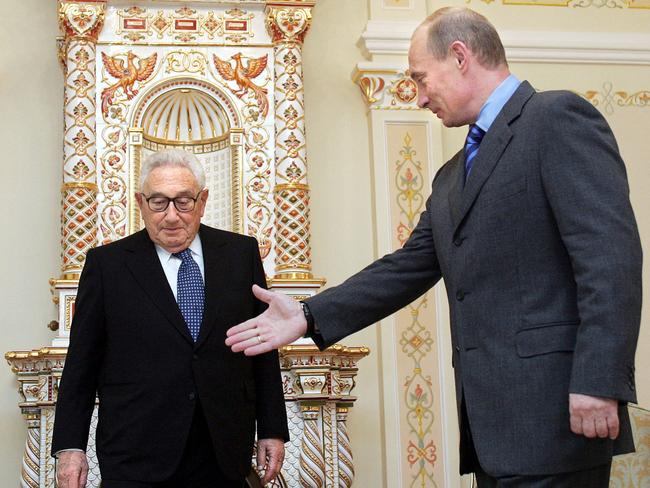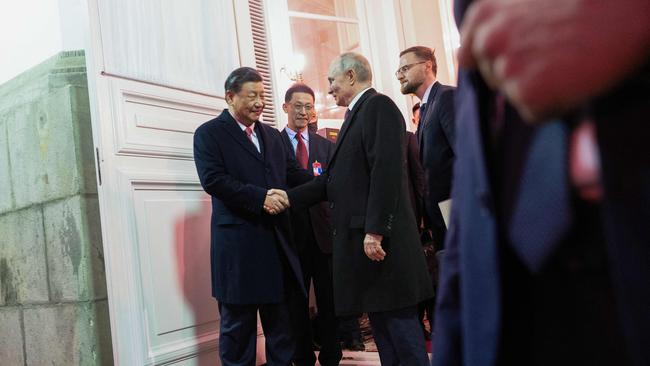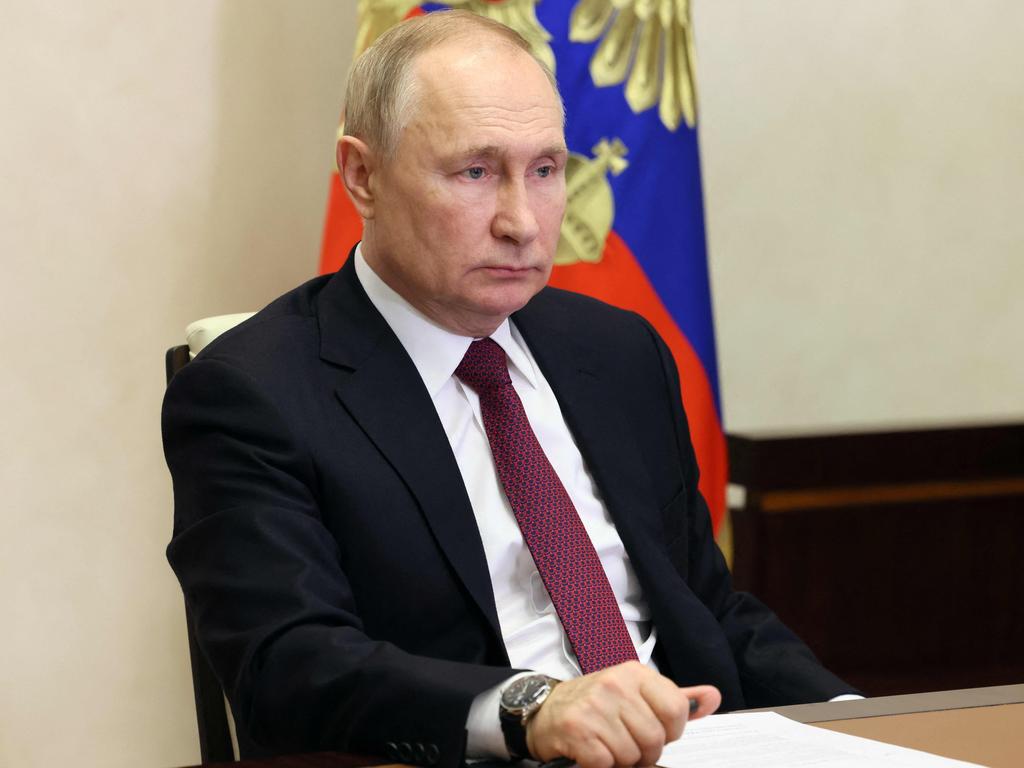It’s Xi, not the West, busy humiliating Putin

Now, in birthday interviews, he is saying the opposite: Kyiv should be allowed to come on board. That’s nice to hear, and may indeed reflect a strand in current US State Department thinking. But although he has seemingly reversed his position, it is still based on the same flawed logic.
Ukraine, he says, has been equipped to the point where it will be the best armed yet least strategically mature state in Europe. That should rattle the Putin regime enough to engage in invasion-braking talks with the West. “If I talked to Putin,” says Kissinger, “I would tell him that he too is safe when Ukraine is in NATO.”

If you parse that sentence (and you have to do that quite a lot with late Kissinger) it means he thinks a deal could eventually be reached with the Kremlin on the basis of the West admitting Kyiv to NATO – providing the US undertook to restrain Volodymyr Zelensky. Kissinger and Joe Biden are at odds on several issues but they agree for now on the principle of a self-limiting war, one in which there are no NATO boots on the ground, no NATO support for attacks on Russia, restrictions on long-range weapons; nothing that could tempt escalation.
Kissinger, of course, has had to adjust his view of the future world – one that sees Europe, China and the US in a stable balance – in the light of the destabilising effects of a major European land war.
But one thing stays constant for him: neither Russia nor China can have their noses rubbed in the sand.
Like many of his generation, his world view is coloured by the Versailles treaty that ended World War I and set the tone for the nationalist resurgence of the 1930s. The conclusion is remarkably simplistic for such an otherwise subtle historian: Germany felt humiliated and demanded strongman leadership that roared towards a new war. This template still serves him.
Saving the face of Moscow and Beijing has thus become the central task of Western diplomacy. That has got to be wrong. The real point is surely not that the West is insensitively marginalising Russia, nor that it is failing to pay its dues for a century of heavy-handed, demeaning treatment of China. It’s not that a smaller power such as Ukraine should exercise “restraint” while defending itself. Or be reined in by its Western arms suppliers and political patrons. Nor is there a compelling argument – when Xi Jinping regularly rehearses an invasion of the island – for gagging Western pro-independence rhetoric on Taiwan. Kissinger has invested too much of his career in pleasing China in the name of avoiding what he calls “catastrophic consequences”.

If feelings of grievance are at the heart of all this, what is one to make of China’s stealthy humiliation of Putin’s debilitated Russia? Xi promised to protect Putin from political isolation with a “limitless” partnership. Together, they were going to rewrite the rules of the global order. Instead China pressed on with its quiet but steely competition with Moscow, starting with a scramble for influence in the Central Asian “stans” that were once an essential part of the Soviet Union.
Last year, as Russian tanks struggled in Ukraine, China pushed its way into becoming Central Asia’s major trading partner – trade up more than 40 per cent from 2021, rising to $US70bn. Russian total trade with the region dropped to less than $US40bn. Putin needs Central Asia to bypass Western sanctions, and that has shifted power away from Moscow to booming countries such as Uzbekistan and Kazakhstan. China is making hay and the Kremlin is seething.
Perhaps that will pass but there is no mistaking the coded reprimands from Beijing to Moscow to stop it threatening nuclear escalation. While Russia’s global diplomacy is limited by the war to occasional flurries before UN votes, Xi is chasing after peace negotiations in the Middle East and beyond; Moscow is eclipsed.
China plainly doesn’t want Russia to disintegrate and will judge Putin on his ability to hold the country together. Should the Ukraine war intensify the competition between Russia’s elites, China will have its favourites and will make its judgments on which new leader is ready to work co-operatively on access to the melting Arctic trade routes and, some way into the future, on some kind of joint management of Siberian energy resources.
For the time being the present situation suits Xi: an increasingly beholden Putin, the evolution of a very junior partnership. As for the Chinese role in brokering peace in Ukraine, Xi appears in no hurry to end the war or give breathing space to Putin. His chief concern is to ensure the West cannot declare victory; the long-term political survival of Putin may be secondary.
Kissinger will disagree, but this is not the time to cosy up to two land-grabbing rule-breaking autocrats and seek common ground. Rather, to point out a simple truth: they are a toxic partnership.
The Times







It’s the privilege of a centenarian to change his mind at least one more time before the Grim Reaper comes knocking. Henry Kissinger, who has just turned a hale 100, used to argue that the West had helped to feed Vladimir Putin’s aggressive instincts by recklessly holding open the prospect of NATO membership for Ukraine.